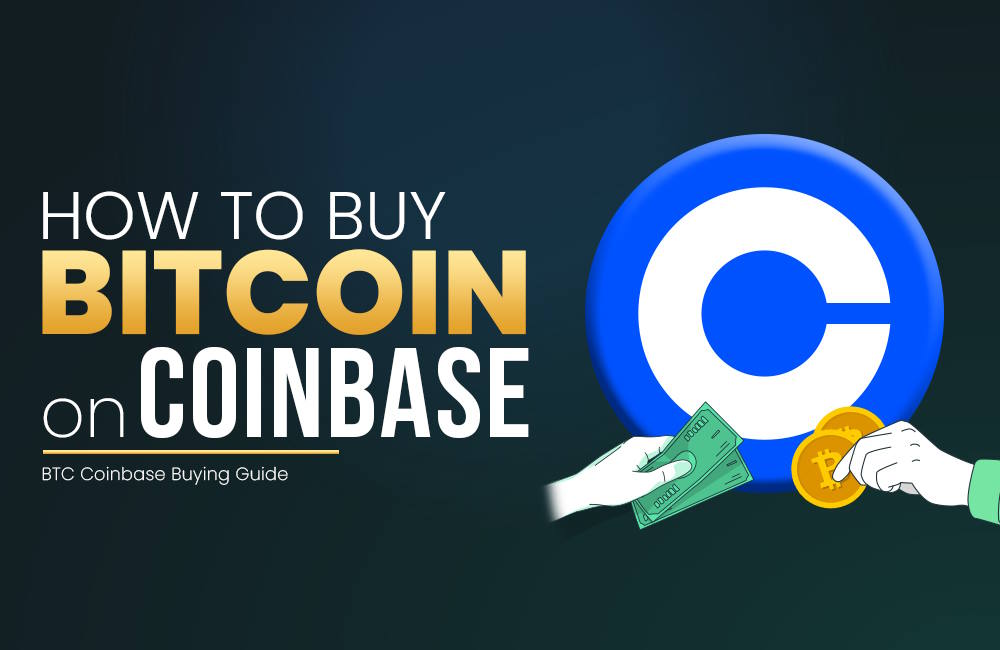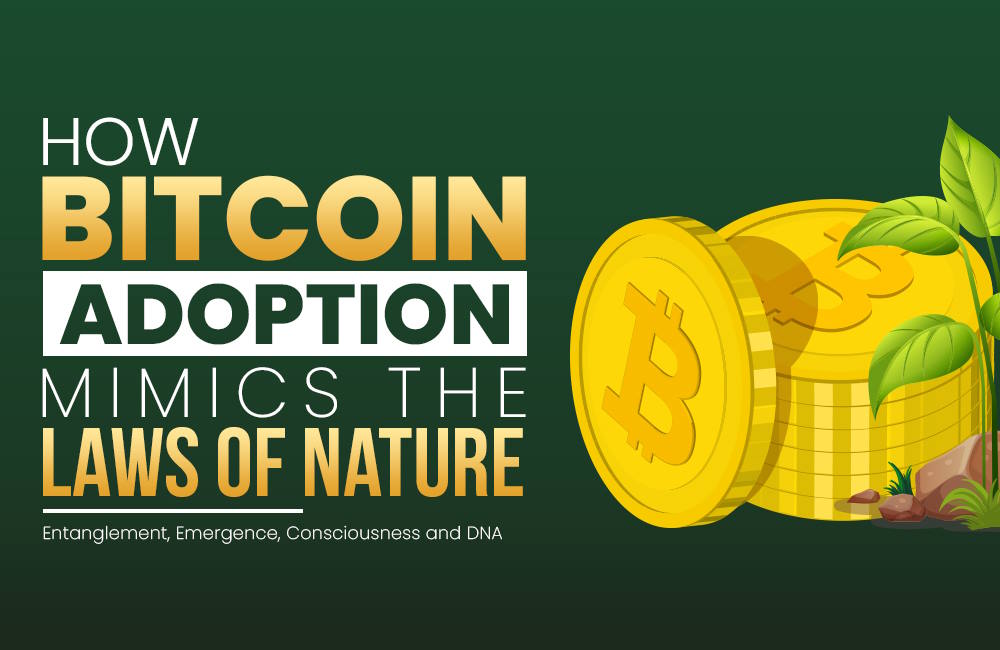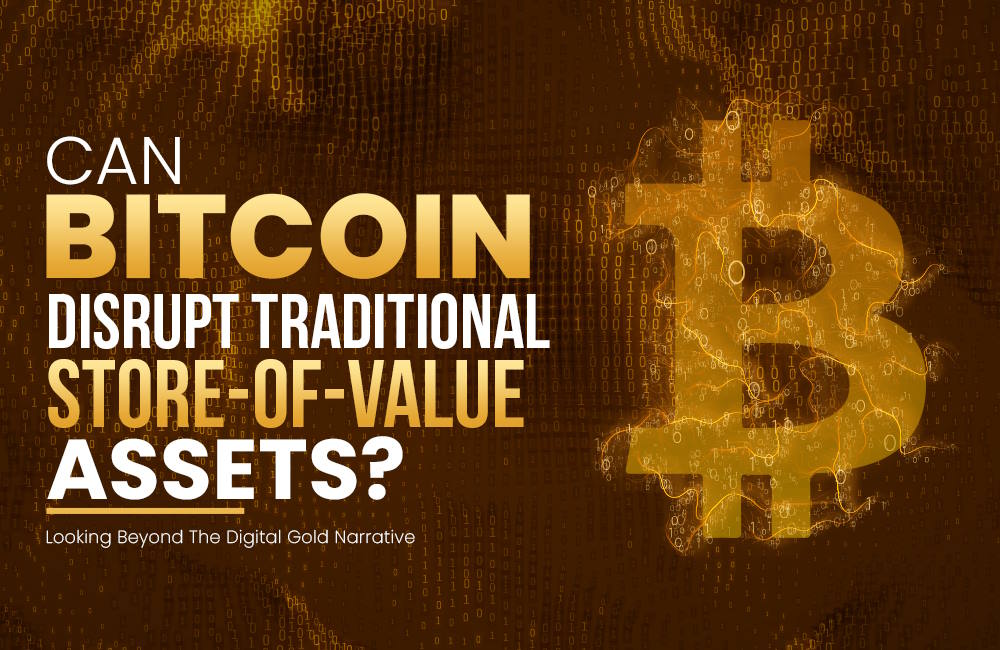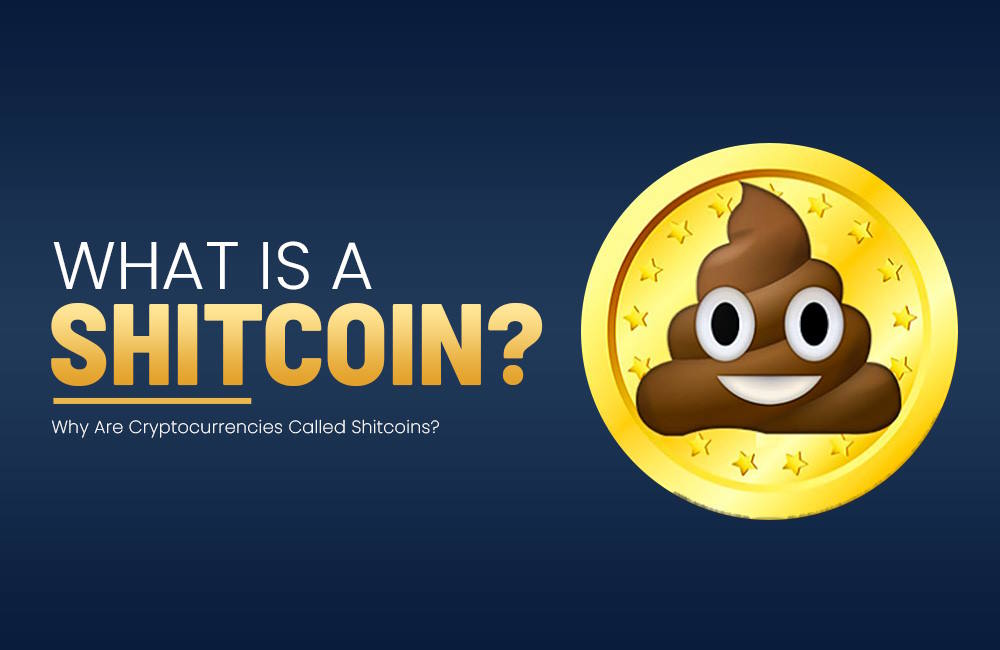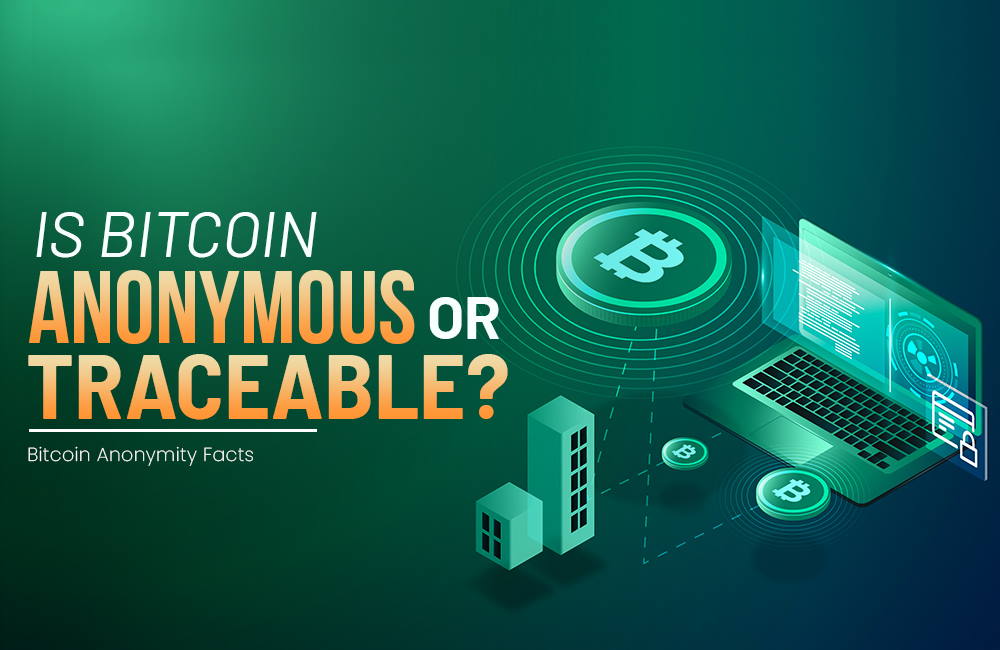
What we're talking about:
Is Bitcoin Anonymous or Traceable?
While anonymity may not be an immediate concern for some, it can be a crucial consideration for others. Bitcoin has often been referred to as an anonymous payment solution but that is not entirely correct, especially given the nature of its transparent public ledger.
Read on to see why privacy matters for your payments and what innovative solutions exist for users that wish to remain anonymous on the blockchain.
Is Bitcoin Anonymous?
It may look like random illegible code, but we know that this is Bitcoin founder Satoshi Nakamoto’s address: 1A1zP1eP5QGefi2DMPTfTL5SLmv7DivfNa. Satoshi is in fact known to have numerous addresses but that’s a story for another day.
At first glance this alphanumerical code may seem random and illegible, but once the identity of the holder is linked to the address, any chance of true anonymity is gone forever.
Bitcoin does not offer anonymity by default but instead works on the principle of pseudonymity. Senders need to know where to send their funds, so receivers provide an address. These alphanumeric addresses act like pseudonyms for the users, just like an author might want to publish a book under a pseudonym to retain some privacy.
Creating a Bitcoin address is free and permissionless. Anybody anywhere can download a digital wallet software and generate a new address, without linking their identity. It’s what happens next that’s key. If you purchase bitcoin on a centralized exchange, that entity will more than likely require some form of KYC (Know Your Customer) identification first. Once you send your BTC to your own wallet, the exchange has a front row view on all your future transactions.
So Is Bitcoin Traceable Then?
Yes, it most certainly is. Contrary to what is often reported in mainstream media, Bitcoin traceability actually makes it the worst possible choice for criminals to launder their ill-gotten funds, as a permanent record of their transactions (past, present, and future) remains public for all to see.
For example, in a recent case involving James Zhong, a man who stole more than 50,000 bitcoin from the Silk Road marketplace, a dark web platform for illicit items, the authorities were able to trace the stolen bitcoin to Zhong’s underground floor safe and a single-board computer submerged in a Cheetos popcorn tin stored in a bathroom closet in his home in Gainesville, Georgia. The Department of Justice (DOJ) recovered the stolen bitcoin, which were valued at $3.4 billion at the time of seizure and now worth over $1.5 billion, along with more than $660,000 in cash, silver, and gold bars. This case serves as a prime example of how Bitcoin’s traceability allowed law enforcement to effectively follow the cookie trail and apprehend the criminal, despite Zhong’s attempts to conceal his actions and wealth for a decade.
In fact, whether it’s a hack on a marketplace such as Silk Road, an exchange like Bitfinex, or even a high-profile case like the Colonial Pipeline Co. incident, the trail of Bitcoin transactions can eventually lead back to the source. It’s not just the authorities or Bitcoin miners who have access to this information, but also amateur sleuths who can easily paste in an address on a blockchain explorer website and review the entire history of its holder’s transactions. This level of transparency in Bitcoin transactions makes it extremely challenging for criminals to hide their tracks and launder their proceeds, further establishing Bitcoin’s traceability as a hindrance to illicit activities in the cryptocurrency ecosystem.
Protecting Privacy
Now hopefully you’re not a criminal researching your next big crypto heist. Regardless of your intent, privacy is an important right and something well worth protecting.
Why do we want privacy? Well, maybe you’re buying a gift for a loved one. Maybe you’re getting a salary paid in bitcoin. Maybe you’re a content creator receiving thousands of micropayments and don’t want random people observing your spending habits. Maybe you’ve decided to donate to a cause that is considered controversial in your region. Privacy matters and should not be taken for granted.
Enter the Anonymous Bitcoin Wallet
Hang on a minute, wasn’t Bitcoin meant to be a “Peer-to-Peer Electronic Cash System”? How does this replace the traceless function of notes and coins if every single transaction is recorded and visible for all to see?
Bitcoin developers have been tackling this issue for many years and found a workaround in the form of coin mixing protocols. These protocols merge payments from multiple users into a single pool, process them jointly as a single transaction and redistribute a mix of jumbled coins back to the intended recipient addresses. An anonymous bitcoin wallet allows users to benefit from such mixing techniques directly within the wallet interface.
Personal privacy is maintained in this regard, without jeopardizing the core transparency and censorship-resistant traits that Bitcoin is relied upon for.
Personal Matters
The majority of exchanges require KYC upon signup these days and this is only going to increase as regulators continue their exploration into the world of Bitcoin and cryptocurrencies. An option at the other end of the spectrum is to simply mine your own bitcoin, but this is a complex and expensive endeavor.
Therefore you may want to consider other options, such as trading cash for bitcoin through an ATM or managing your funds in an anonymous bitcoin wallet. Before dealing with a coin mixer protocol, you should think how much privacy you want or need and how far you’re willing to go to maintain it.
Always remember that one simple slipup can unravel years of anonymous transactions. No matter what your next step is, it should begin with education, especially when it comes to security and self-sovereignty.
What we're talking about:


